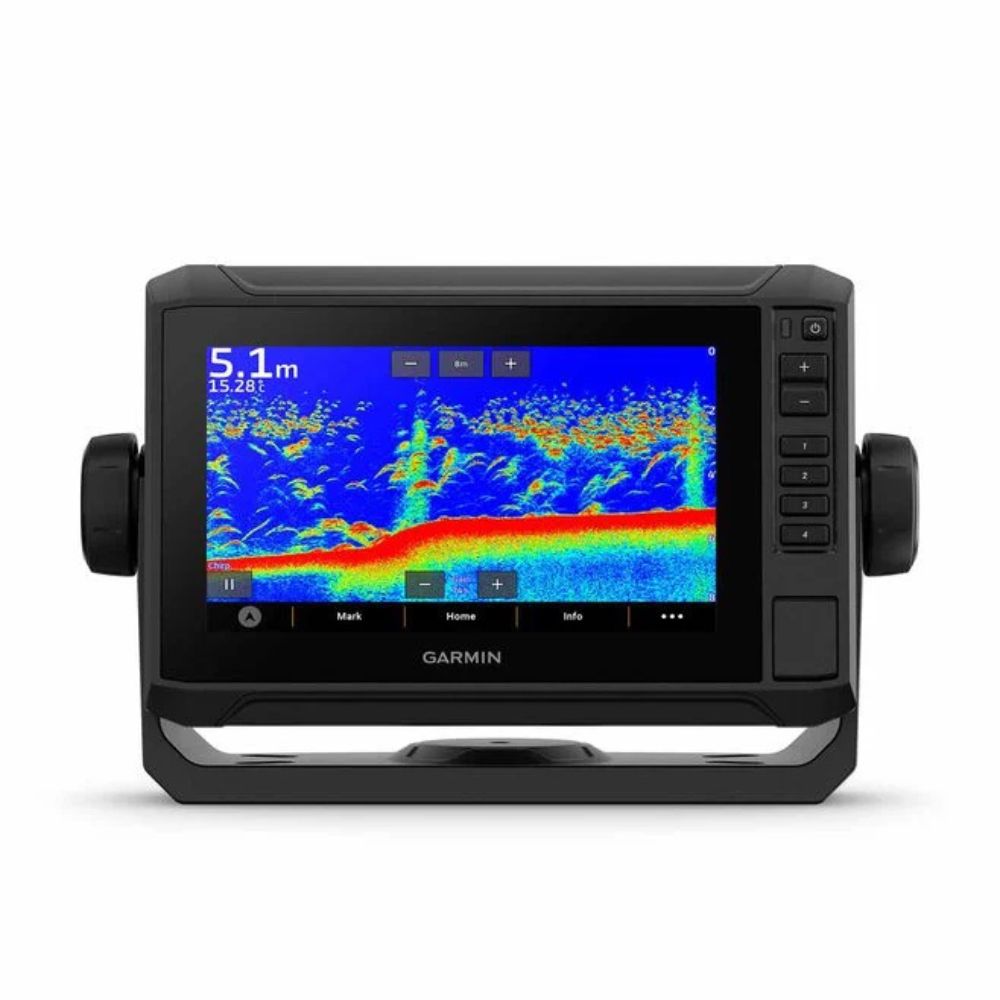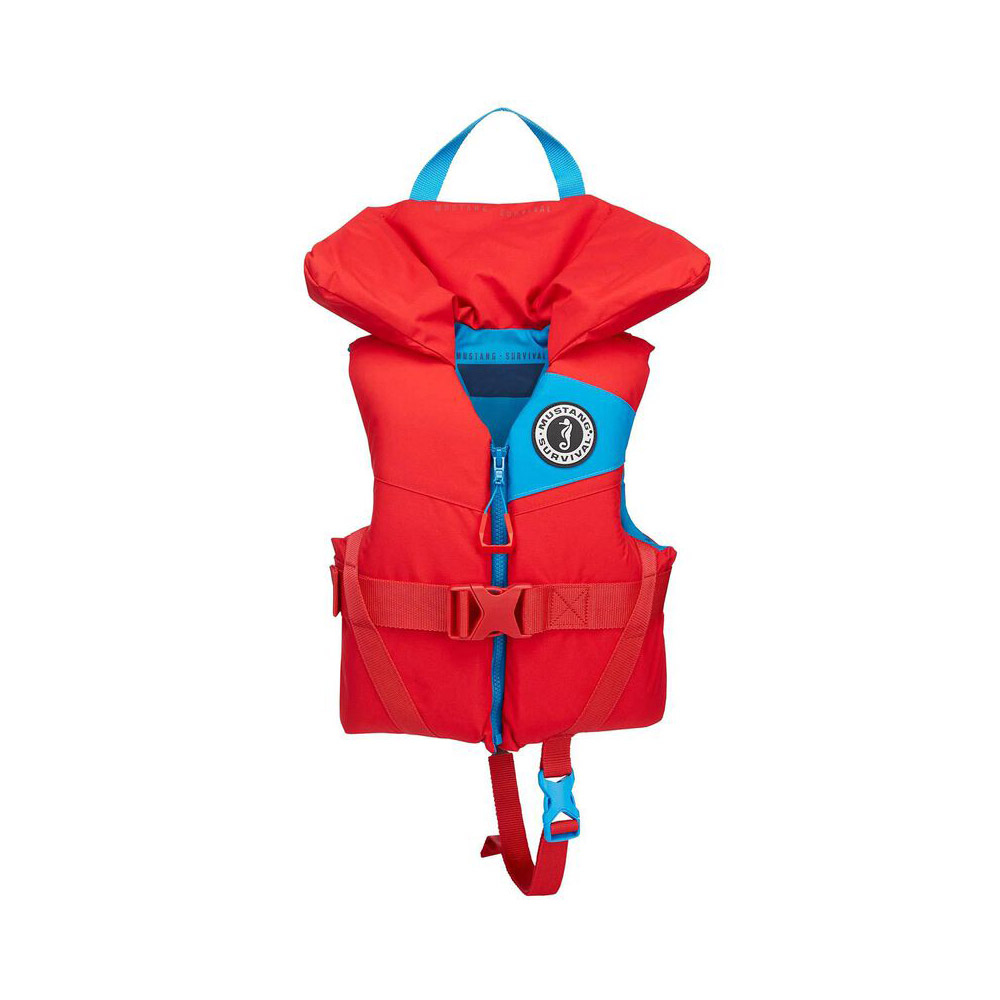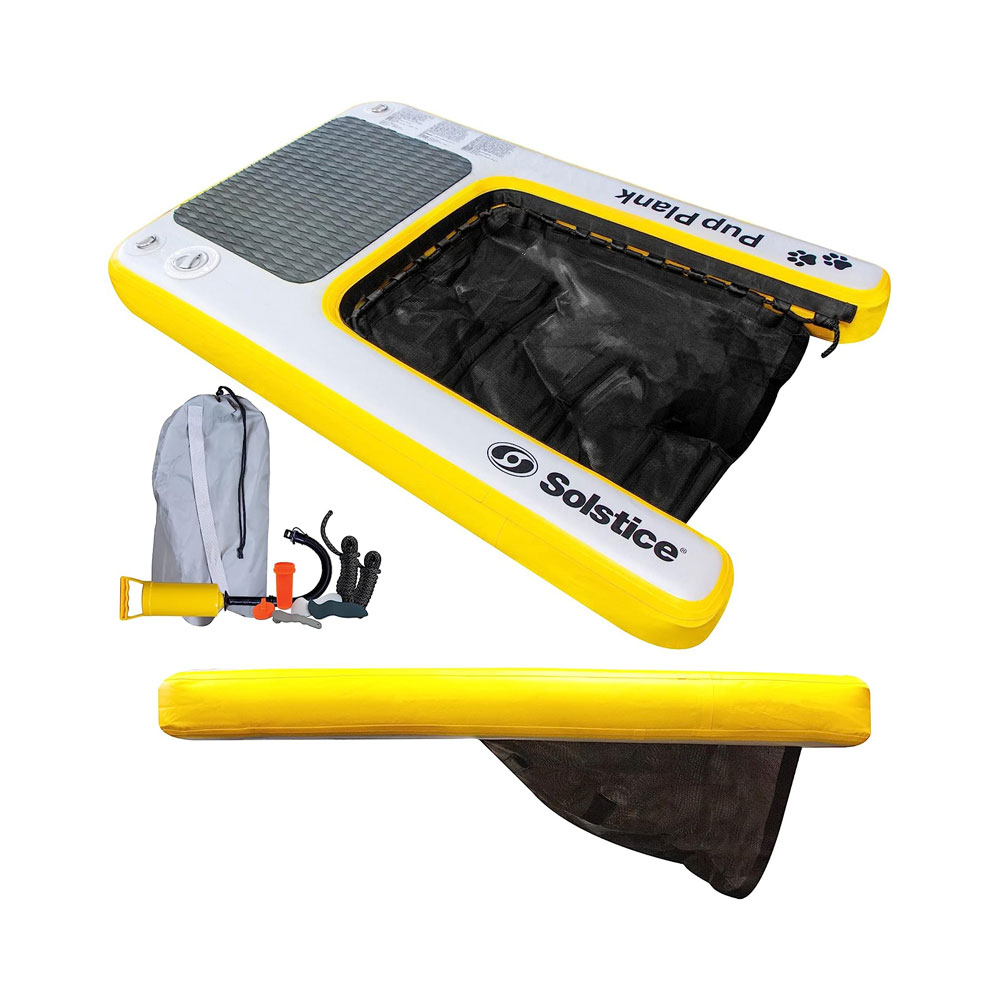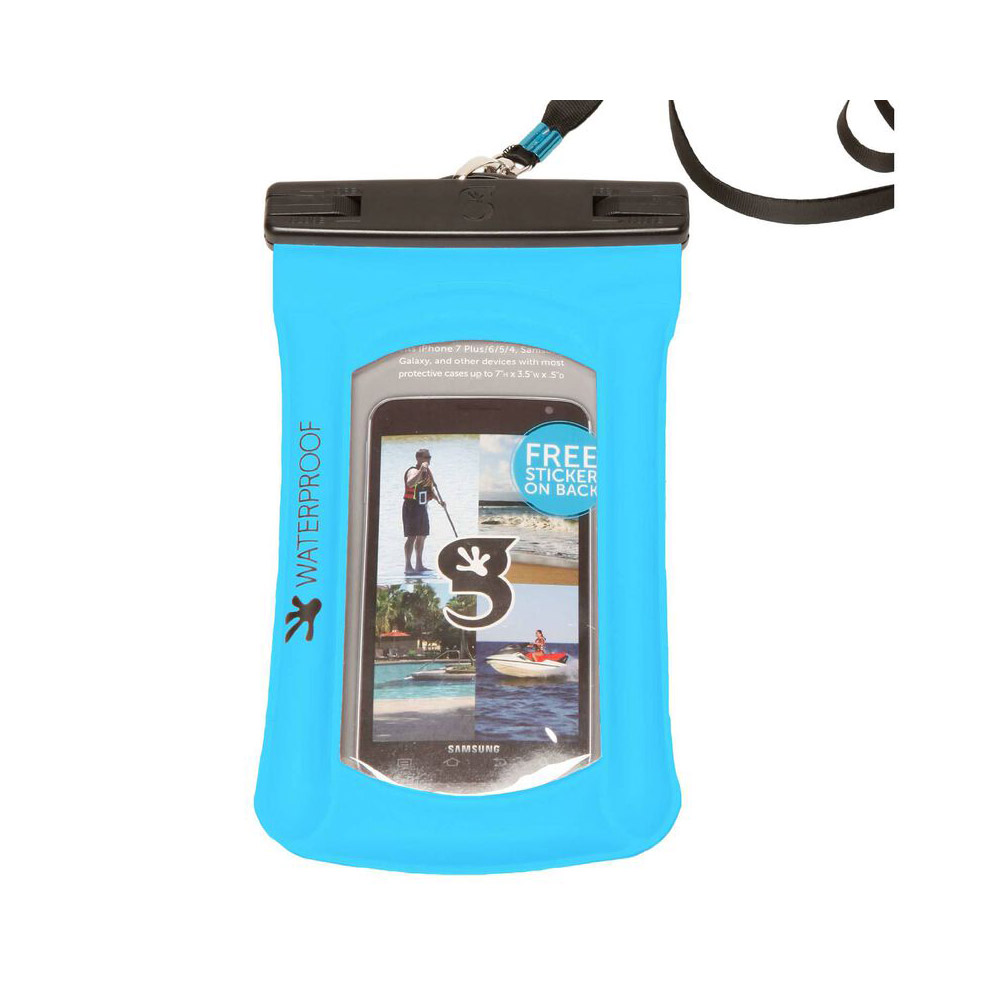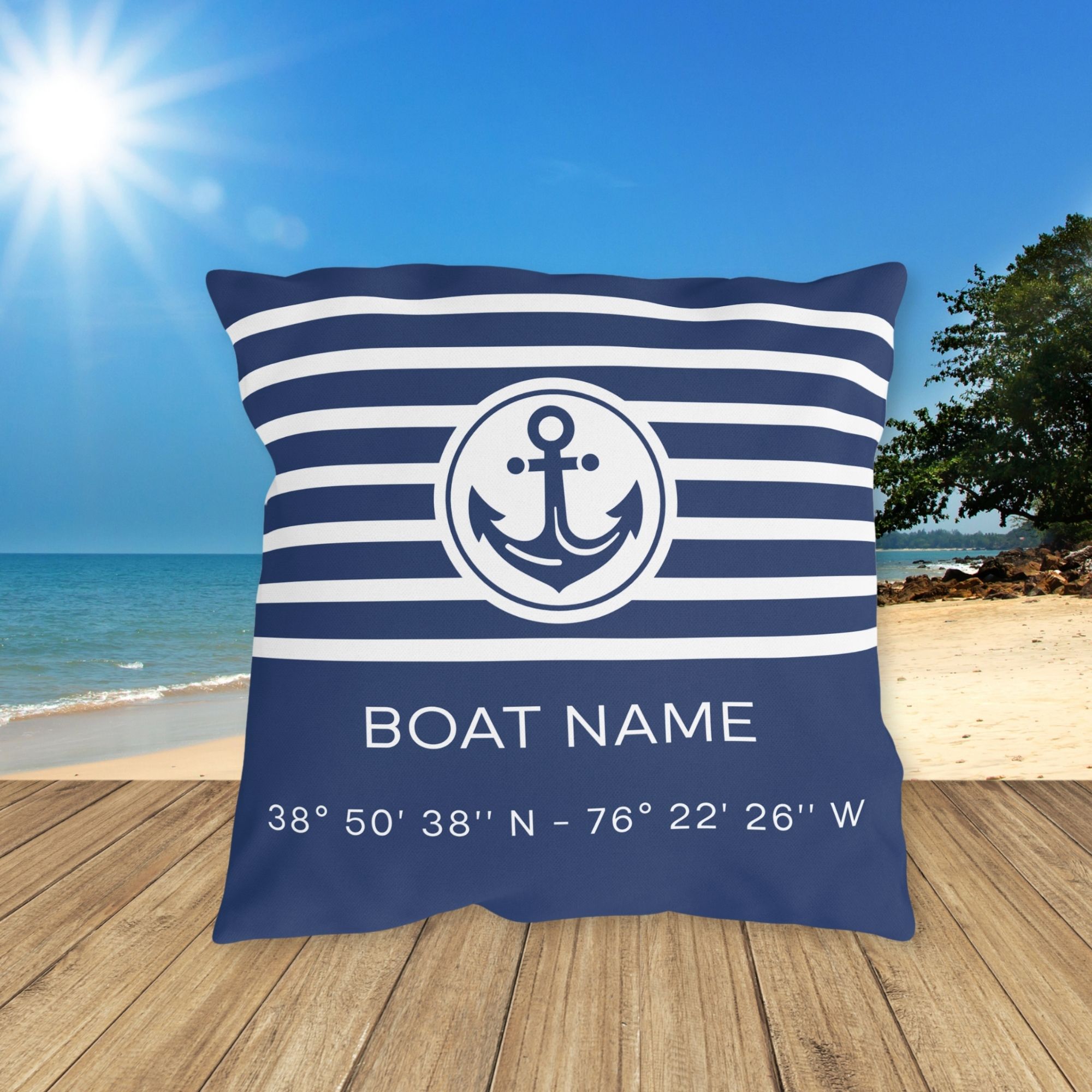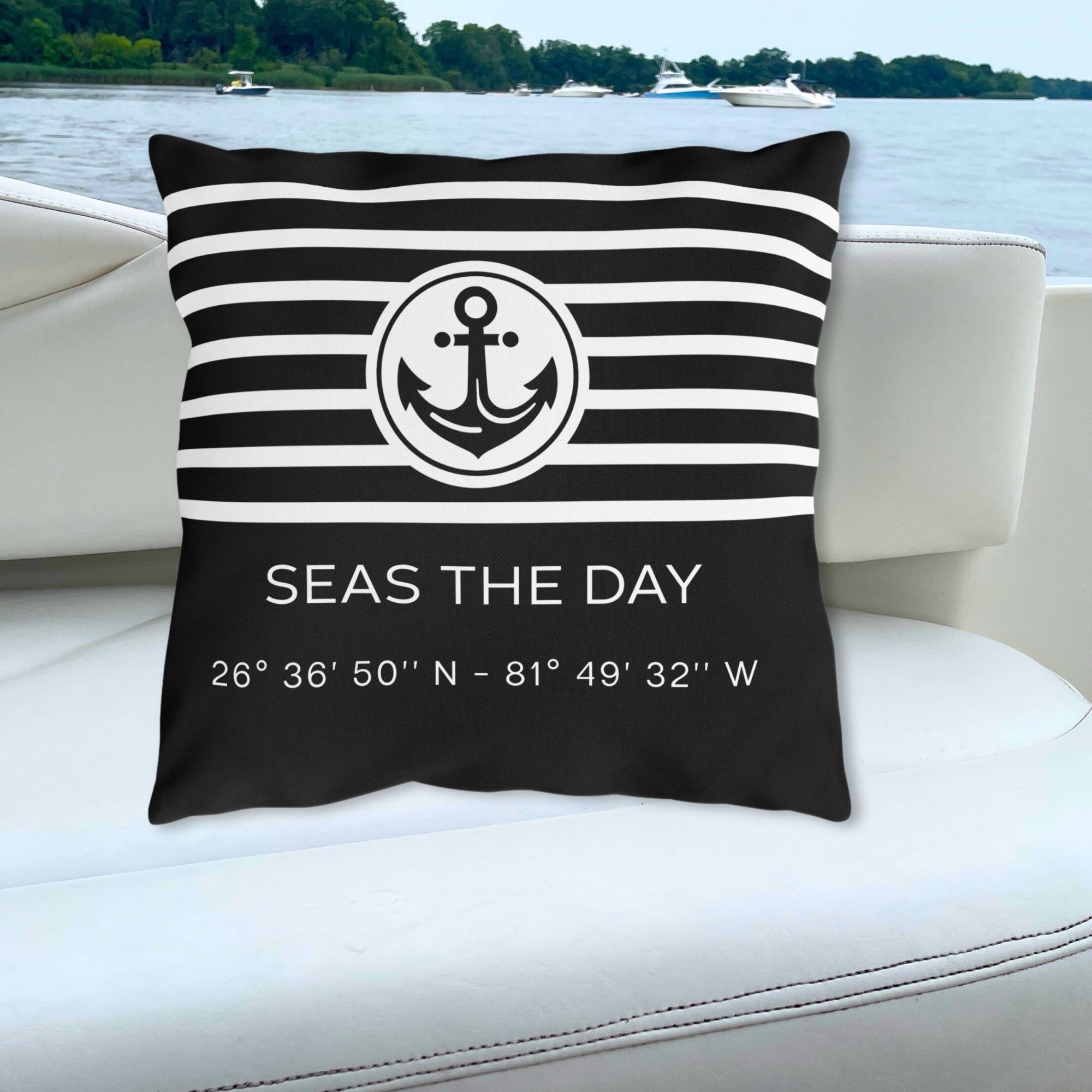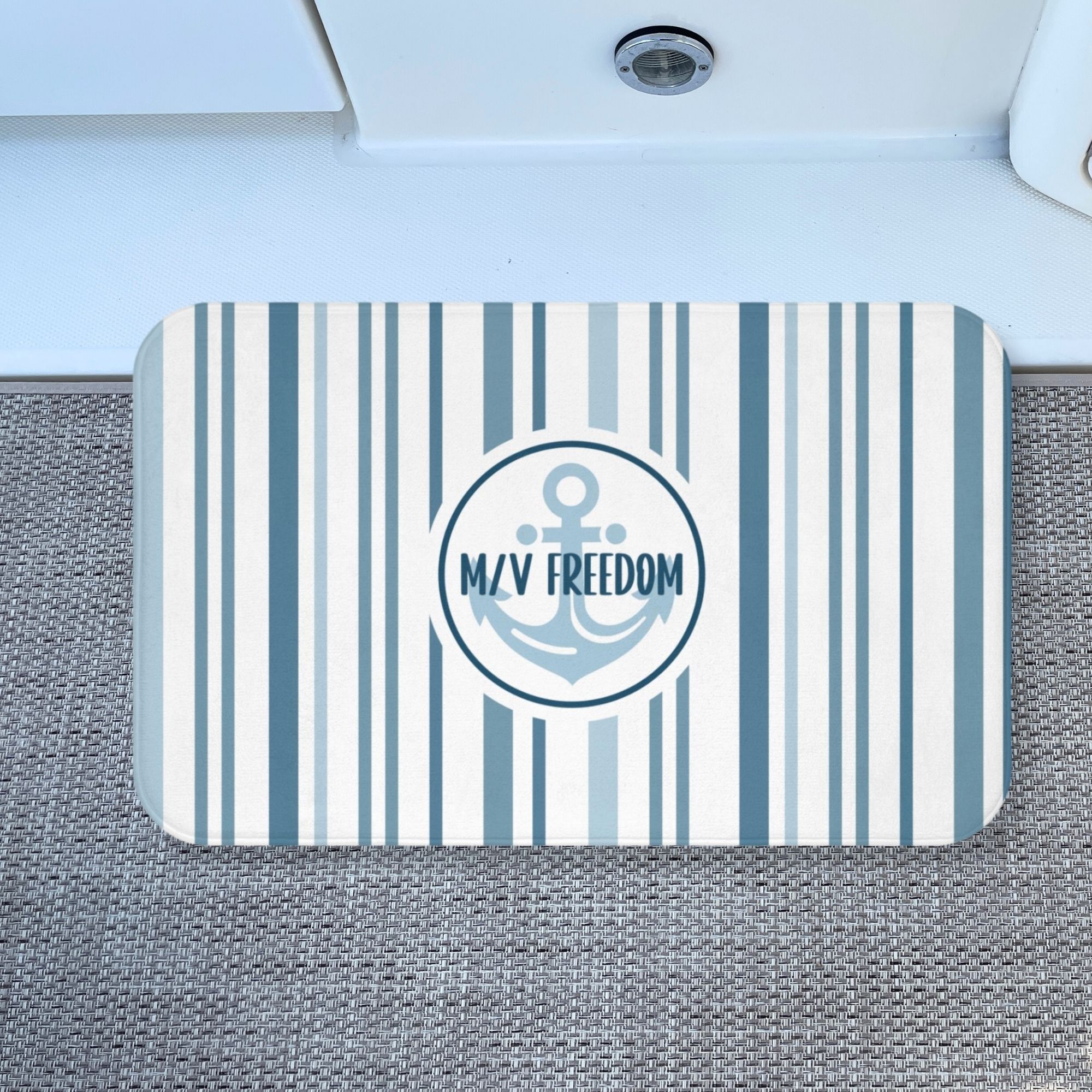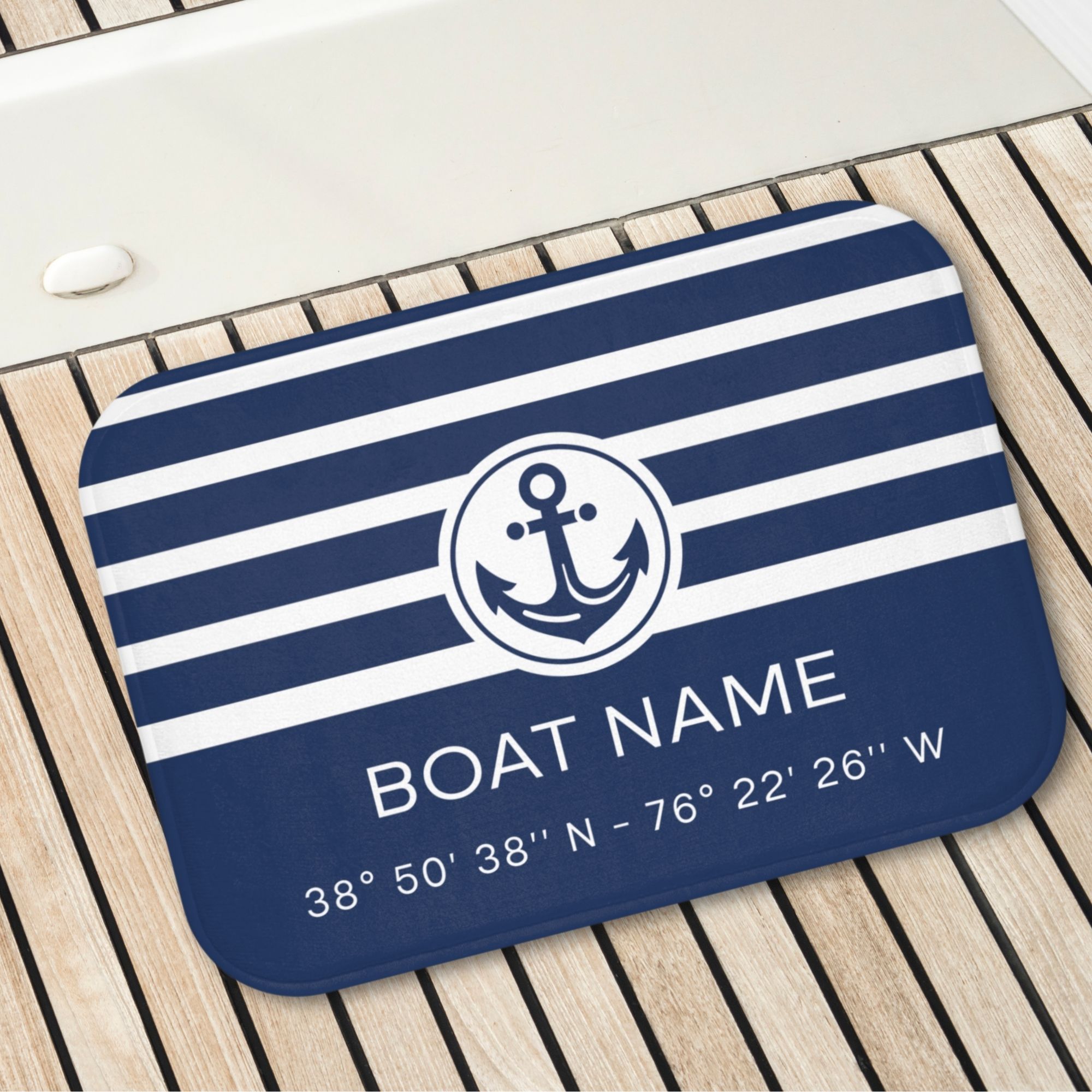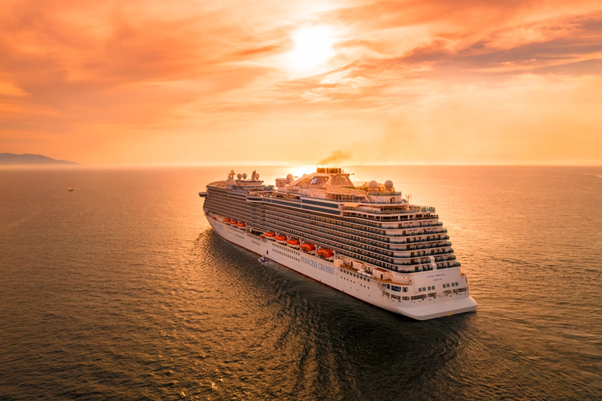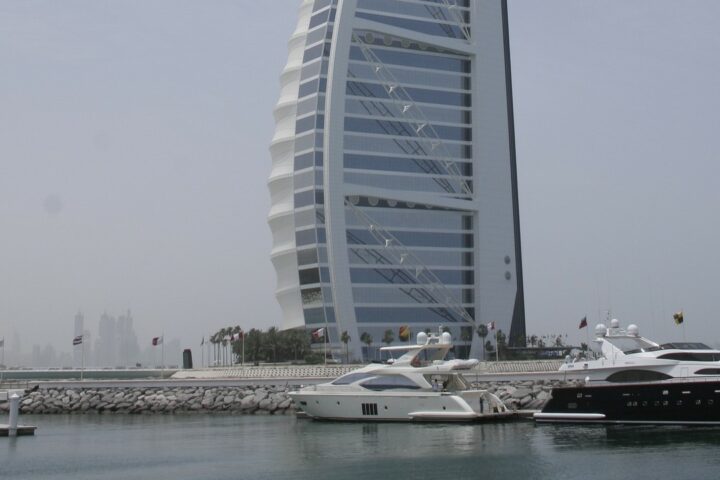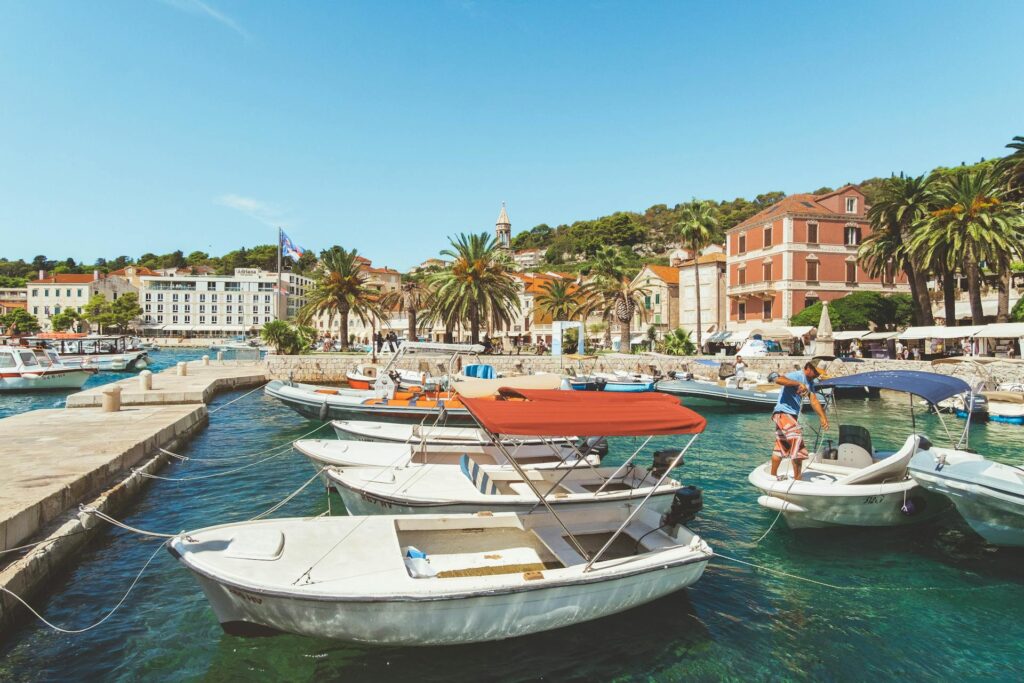
Running a boat rental business means managing constant movement—changing weather, fluctuating demand, and equipment that operates in unpredictable conditions. Insurance planning sits at the center of that reality. It protects revenue, assets, and liability exposure. It also determines how quickly you can recover when something goes wrong. For many owners, insurance feels like a yearly administrative task. But in the marine industry, it’s a core operational tool.
Strong insurance planning keeps your business stable during high-risk situations and reduces the financial shocks that sink unprepared operators. Here’s a breakdown of the coverage strategies and accounting practices that matter most for boat rental companies.
Understanding Your Risk Profile
Every boat rental operation has a unique risk structure. Location, vessel type, rental duration, and customer experience levels all affect exposure. A small fleet of personal watercraft on a quiet lake faces different risks than a mixed fleet of pontoons, cruisers, and sport boats operating from a busy marina.
A clear risk profile helps determine:
- liability coverage amounts
- hull insurance needs
- deductible levels
- add-on coverages
- business interruption protections
Without an accurate risk assessment, coverage becomes a guess. And guessing is expensive in marine environments.
Marine insurers evaluate: vessel condition, maintenance logs, operator training procedures, emergency protocols, and historical claims. High-quality documentation improves premium outcomes.
Commercial Marine Liability Insurance: Your First Layer of Protection
Liability is the most significant risk for boat rental businesses. Renters vary in skill, judgment, and familiarity with local waters. Even with instructions and waivers, incidents happen.
Commercial marine liability insurance handles:
- bodily injury claims
- property damage
- legal fees
- environmental or pollution exposure
- collision liability under customer operation
This coverage protects your business when renters collide with another vessel, hit a dock, damage a mooring, or injure a passenger. Waivers help, but they do not eliminate liability. Many states impose regulations that waivers alone cannot override.
A strong liability policy ensures one incident doesn’t drain operating capital or threaten fleet expansion.
Hull and Machinery Coverage for Your Fleet
Hull insurance covers damage to your vessels. Boat rental fleets face continuous wear, unexpected impacts, submerged hazards, and mechanical failures under customer use.
Hull policies can be structured on:
- agreed value (covers full vessel value)
- actual cash value (considers depreciation)
Agreed value policies offer more predictable outcomes for new or high-value boats. Actual cash value policies may reduce premiums for older vessels but provide lower payouts.
Coverage typically includes grounding, collision, weather damage, and mechanical breakdowns. Because boat rentals often involve inexperienced operators, hull insurance becomes essential rather than optional.
Business Interruption Insurance: Protecting Your Season
Boat rental revenue is seasonal. A single incident like storm damage, mechanical failure, marina closure can eliminate the most profitable weeks of the year. Business interruption insurance replaces lost revenue during covered downtime.
It can also cover:
- temporary relocation expenses
- payroll continuity
- continuing operating costs
- loss due to equipment breakdown
For rental companies operating in short tourism windows, this coverage prevents a slow season from turning into a permanent setback.
Accounting for Insurance Costs Properly
Insurance planning isn’t just a coverage decision. It’s an accounting decision too. Many marine operators overlook how insurance costs affect financial statements.
When you pay for insurance in advance, it becomes an asset on your balance sheet rather than an immediate expense. This is known as prepaid insurance premiums. The cost is recorded over the coverage period, not the day the bill is paid. This prevents distortion of monthly profitability.
Accurate insurance accounting helps you:
- track coverage costs per vessel
- forecast seasonal cash outflows
- stabilize budgeting
- align expense recognition with actual protection periods
For rental businesses managing multiple boats with staggered renewal cycles, proper accounting prevents confusion during tax preparation and financial reviews.
Add-On Coverages Boat Rental Companies Should Consider
Marine insurance is modular. Add-ons allow you to build protection that matches your operations. Depending on fleet composition and customer use, you may need:
- uninsured boater coverage
- pollution liability
- medical payments coverage
- equipment and electronics insurance
- trailer and transport insurance
- rental contract liability enhancements
These additions close gaps that basic liability or hull policies may leave open. They’re especially important for businesses with diverse rental offerings such as paddleboards, kayaks, pontoons, or power boats.
Cyber and Network Protection for Modern Marina Operations
Modern boat rental businesses rely on online booking systems, GPS equipment, fleet-management software, and customer data platforms. This creates cybersecurity exposure.
A compromised router or payment system can shut down bookings, expose customer data, or disrupt scheduling. Cyber liability insurance and strong network controls protect operations against these risks.
Marine operators often overlook cyber exposure, but it affects anyone using cloud platforms, Wi-Fi-enabled devices, or online payments.
Industry Data Shows the Need for Protection
Boating incidents remain a concern for rental operators. According to the U.S. Coast Guard, recreational boating accidents resulted in more than 4,000 incidents in a recent year, including property damage and injuries.
Even though many incidents involve personal vessels, rental operations remain vulnerable because customers may be inexperienced or unfamiliar with local conditions.
Conclusion
Smart insurance planning protects your boat rental business from the unpredictable realities of marine environments. Liability coverage shields your business from injury and property claims. Hull insurance keeps your fleet operational. Business interruption coverage protects cash flow during peak income periods. And proper accounting of prepaid insurance improves financial clarity.
The right insurance framework ensures that one bad day on the water doesn’t become a long-term financial problem. It’s both a safety net and a growth tool for operators who want stability without sacrificing expansion.
Trending Now: Must-Have Boat Gear for Your Boat Life
-
Garmin ECHOMAP Fishfinder / Chartplotter Combo
$1,049.00 Quick ViewBuy on West Marine -
Mustang Survival Lil’ Legends Infant Jacket
$69.00 Quick ViewBuy on West Marine -
Inflatable Floating Pet Ramp
$249.00 Quick ViewBuy on West Marine -
Geckobrands Float Phone Dry Bags
$24.00 Quick ViewBuy on West Marine
Trending Now: Custom Boat Decor
-
Boat Pillow with Boat Name & LAT LONG Coordinates
Quick ViewBuy on Etsy -
Boat Pillow with Boat Name & LAT LONG Coordinates- Black
Quick ViewBuy on Etsy -
Coastal Blue Stripes Bathmat with Anchor & Boat Name
Quick ViewBuy on Etsy -
Custom Boat Mat with Boat Name & LAT LONG Coordinates
Quick ViewBuy on Etsy
Disclosure: This site may contain links affiliated with companies where we receive compensation. Also, as an Amazon Associate we may earn from qualifying purchases we refer but it does not impact the price you pay. Full disclosure policy.

